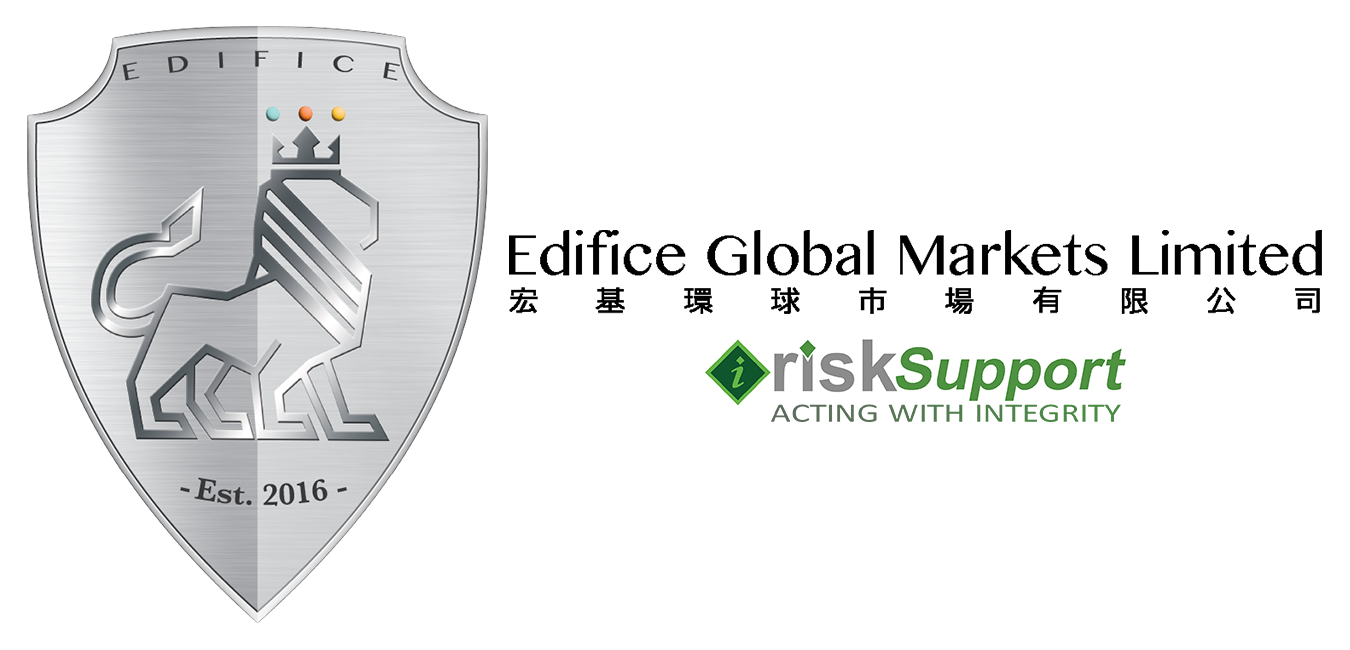Any relationship directly connected with obliged entities’ commercial or professional activities and expected to have an element of duration“. This concept extends beyond the financial sector to include a variety of professions that require specific licensing or approval.
Obliged entities engage in commercial or professional activities requiring licensure or approval due to ML and TF inherent risks associated with their services.

